Bengaluru: The Indian Space Research Organisation (ISRO) plans to transfer 50 per cent of the Polar Satellite Launch Vehicle (PSLV) development to an industry consortium led by Hindustan Aeronautics Limited (HAL) and Larsen & Toubro (L&T), ISRO Chairman V Narayanan said.
Narayanan highlighted the increasing role of private industry in India’s space ecosystem. “Today, when you look at the PSLV, the workhorse of India, the Indian consortium headed by HAL and L&T has produced the first rocket. We are going to launch it before the end of this financial year, mostly by February,” he said.
He added that once the consortium successfully carries out two PSLV launches, ISRO will delegate at least half of the vehicle’s future development to them. Narayanan commended the domestic aerospace, defence and engineering sectors, noting that Indian industries already contribute nearly 80-85 per cent of systems for ISRO missions.
He cited the CMS-03 communication satellite launched using the LMV3-M5 “Bahubali” rocket as an example of this collaboration.
Reflecting on ISRO’s journey, Narayanan recalled the agency’s first launch of a US-made rocket in 1963 and its more recent milestone – the NASA-ISRO Synthetic Aperture Radar (NISAR) mission, a Rs 10,300 crore collaboration. “The entire NISAR satellite was built and assembled in India and launched by an Indian rocket,” he said.
The ISRO chief stated that around 450 Indian companies now contribute to the agency’s missions, with the number of space startups growing from just four to more than 330 since the government’s space sector reforms. He also confirmed the transfer of Small Satellite Launch Vehicle (SSLV) technology to HAL through a Rs 511 crore agreement, enabling private industries to manufacture 16 SSLVs.
Narayanan concluded by reaffirming India’s global leadership in space science, recalling the country’s historic soft landing near the Moon’s South Pole on 23 August 2023.


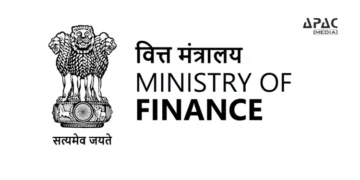



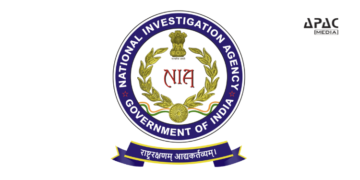
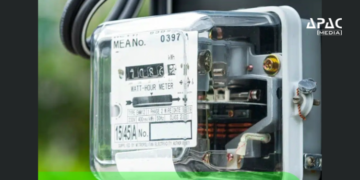
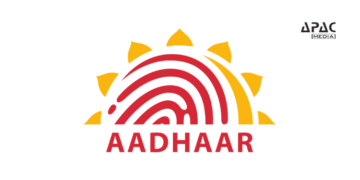








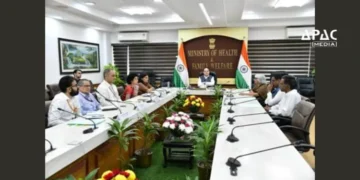









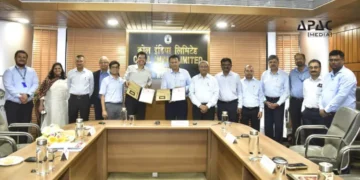
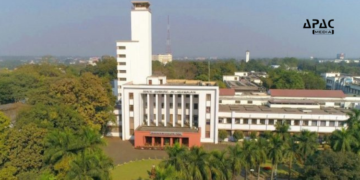




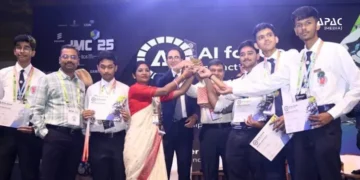











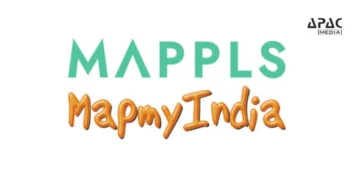
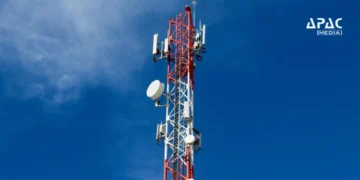



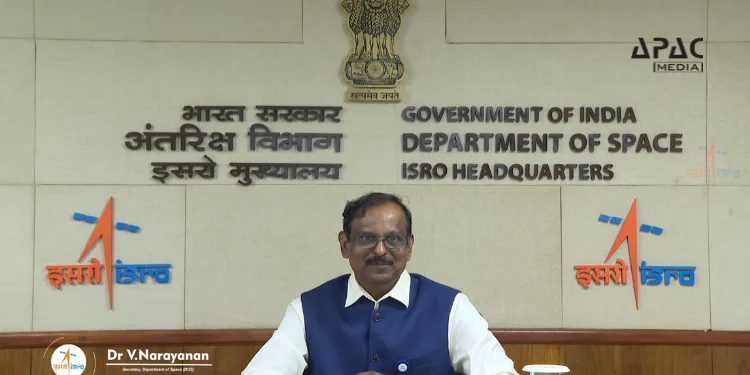

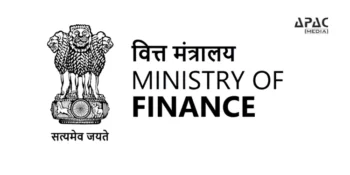



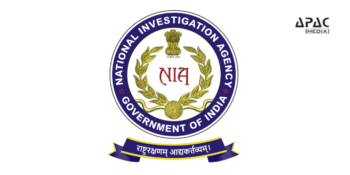







Discussion about this post